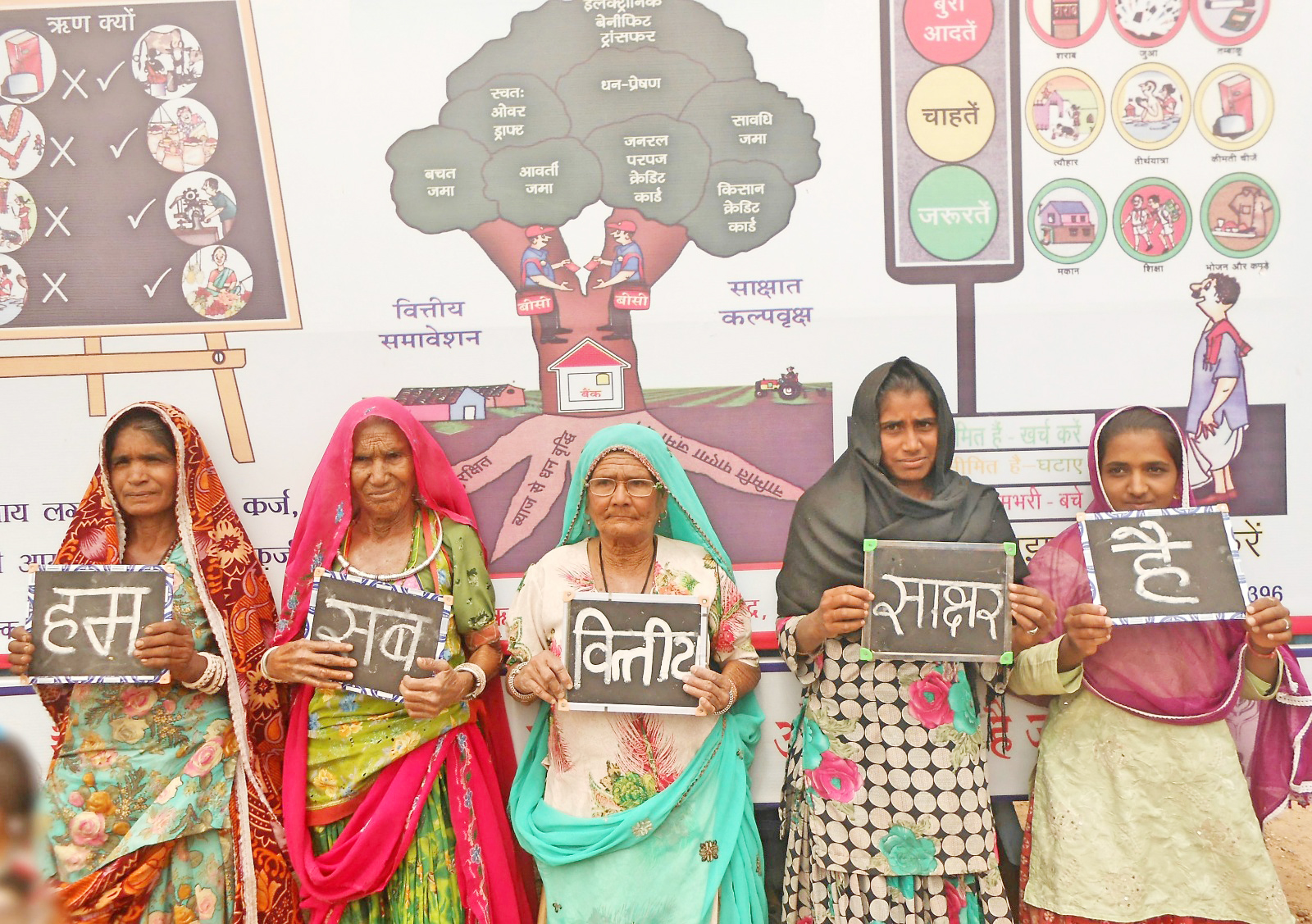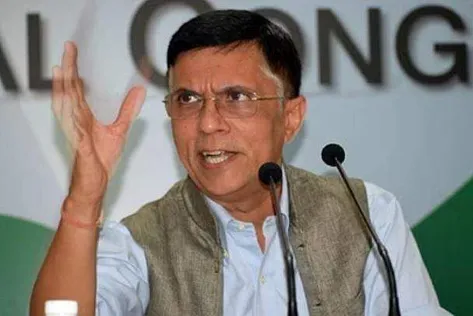
Financial literacy is essential for ensuring an individual’s financial well-being, and its significance cannot be overstated. Being financially literate enables individuals to anticipate and navigate various financial obstacles effectively, thereby mitigating the likelihood of encountering personal economic distress. By understanding concepts such as budgeting, saving, investing, and managing debt, individuals are better equipped to make informed financial decisions that contribute to their overall financial stability and resilience. This knowledge empowers individuals to proactively manage their finances, plan for the future, and respond effectively to unexpected financial challenges, ultimately leading to greater financial security and peace of mind.
Rising Female Workforce: Heightening the Importance of Financial Literacy for Women
With the increasing presence of women in the workforce, the importance of financial literacy for women has never been more pronounced. Not only does lacking financial literacy contribute to various issues such as debt accumulation, imprudent spending habits, and inadequate long-term financial planning, but it also plays a pivotal role in fostering independence among women. Enhanced financial literacy equips women to better navigate emergencies and cope with the escalating costs of living and inflation.
In many Indian households, women bear the responsibility for managing day-to-day expenses. Therefore, acquiring a deeper understanding of how to optimize financial resources can significantly improve their financial standing. Additionally, women often serve as influential role models for their children, thus, being financially literate sets a positive example and establishes a precedent for future generations.
Considering that women typically outlive men, financial literacy becomes even more essential for ensuring autonomy in managing finances throughout their lives. Starting early on the path to financial literacy instills confidence in making independent financial decisions and effectively managing personal finances. By bolstering financial literacy, women are better positioned to pursue their life and career aspirations with greater efficacy.
Highlighting the Vital Role of Financial Literacy for Women
• often earn less than men,
• are more likely to take time out of the workforce to care for children or other family members and,
• are more likely to live longer and have more complex financial needs in retirement.
As a result, they are more likely to struggle financially in old age and retire with just over half the amount of superannuation as men.
Unveiling the Impact of Financial Literacy for Women
• Empowers them to make informed decisions about their finances,
• helps them create sustainable budgets,
• allows for better money management,
• can help them feel more confident about themselves and their worth, enhancing their pay negotiation skills, and
• will assist them achieving their financial goals.
Some studies have shown that women are often less financially literate than men. This puts them at a disadvantage when it comes to managing their finances and securing their financial future.
Shifting Gender Dynamics: Evolving Roles in Financial Planning and Investment
Financial planning and investment activities have long been considered the domain of men, with a majority of the women depending on either their parents or husbands to manage finances. This is despite the number of women who contribute to household finances having increased manifold in the last decade. Also, women face specific challenges when it comes to financial planning. There is a need to address these challenges so that they can lead a stress-free financially independent life.
Being financially literate enables people and SMEs to make informed decisions that align with their financial goals and values and, importantly, to avoid costly mistakes, such as taking on too much debt or investing in high-risk products without fully understanding the risks involved.
Financial literacy is particularly important in today’s complex, fast-evolving and increasingly digitalized financial landscape, which includes a wide range of financial products and services that can be difficult to understand without proper education and training.
Financial education goes hand in hand with financial literacy. While financial literacy focuses on knowledge and skills, financial education is the process through which individuals acquire that knowledge and develop those skills—it equips individuals with practical tools and strategies to effectively manage their money, build wealth, and secure their financial future.
What is financial freedom?
Margaret Bonnano quotes “Being rich is having money; being wealthy is having time.”
People’s definitions of financial freedom vary based on a wide range of factors, including age, gender, location, and objectives. For some, it can be as simple as having enough wealth to not worry about money.
For others, it might be an opportunity to take a lower-paying or non-paying job in order to pursue their passion. Yet others might find their financial freedom in being able to travel to destinations they please or buying a home. Similarly, for a homemaker, it may mean spending money whenever she wants or sustaining herself in case of emergency, and so on.
In broad terms, financial freedom means ‘Managing your money and life in the way that works best for you. A feeling of financial health and freedom, free from stress and worry.’
What does Financial Independence Signify for Women? Exploring the Growing Trend of Women Embracing Financial Freedom
In basic terms, financial independence improves women’s sense of security and respect, regardless of their socio-economic status. Breaking free from financial constraints enables women to retire early by liberating them from the chains of financial stress and helps them bask in the joys of a well-deserved retirement.
Indian society had traditionally been male-dominated, with women often relegated to the role of caregivers and homemakers. This had led to a belief that women are not capable of managing finances or making important financial decisions. Other factors that contributed to this were lack of access to education and job opportunities, workplace discrimination and bias, cultural and societal expectations, etc.
In recent years, more women have been seeking financial independence due to higher education, career opportunities, changing social norms, desires for autonomy, financial security, and better access to financial products and services.
Why should financial independence be taught to women?
1. Empowerment: Women now enjoy increased accessibility to a range of financial products and services, aiding them in reaching their financial objectives and realizing independence. This encompasses access to credit, insurance, and investment opportunities, facilitating wealth accumulation and the fulfillment of financial dreams. Such access enables women to pursue their aspirations and lead lives according to their own terms.
2. Gender Equality: Today, women work in a variety of roles yet not all working women are financially independent. Investing decisions are still made by the men of the family for most working women. It’s also possible that they are not saving enough or not saving smartly, i.e., they barely outpace inflation. Achieving financial independence is a crucial step towards achieving gender equality. It ensures that women have equal access to economic opportunities and resources, and are not dependent on men for financial support.
3. Improved Well-being: Women and their families benefit from her financial well-being. There is a reduction in stress and anxiety associated with financial insecurity as well as an increase in future stability and security.
4. Role Model: Women who achieve financial independence can serve as role models for others, inspiring future generations of women to pursue their dreams and aspirations.
Overall, financial freedom for women is essential for promoting gender equality, empowering women, and improving their well-being and that of their families and communities.
In a world filled with opportunities, financial education is the key to unlocking them. And yet, many (if not all) women continue to see their earnings as supplementary to what their partners make. In order to ensure that your money is managed properly, we recommend that you educate yourself on financial matters. Participate in a financial literacy program and/or read financial blogs, journals, magazines, and newspapers. You can also seek the guidance of unbiased business experts who can guide you through wealth creation.
A few examples of strong women who carved their own path
1. Priyanka Chopra, a famous Indian actress and producer, has spoken about the importance of financial independence for women in multiple interviews. In an interview with Harper’s Bazaar, she said, “Financial independence is paramount. My mom always said, ‘If you don’t have your finances in order, you’re always going to be at the mercy of someone else.’ In another interview with CNBC, she stated, “I think the most important thing is financial independence, not just for women, but for everyone. When you’re financially independent, you have the ability to make choices in your life. You’re not stuck in a situation because of financial reasons.”
2. Arundhati Bhattacharya, former Chairperson of State Bank of India, says “Don’t depend solely on your spouse or family for financial support. Create your own financial identity and have a backup plan.”
3. Melinda Gates, co-founder of the Bill and Melinda Gates Foundation, has emphasized the importance of investing in women’s financial empowerment, stating, “When women are able to participate fully in the economy and public life, their families and communities prosper. It’s not just the right thing to do, it’s the smart thing to do.”
4. Falguni Nayar, the founder of Nykaa, has spoken extensively about the importance of financial independence for women. She says ““As women, we need to take charge of our financial future. We need to educate ourselves about money, invest wisely, and make smart financial decisions that will help us achieve our goals and aspirations.
The trend of more Indian women opting for financial freedom is likely to continue as more women gain access to education, career opportunities, and financial products and services, and as societal norms continue to evolve to be more inclusive and supportive of women’s financial independence. The conclusion we wish to make is that more and more women should begin educating themselves about finance, invest in themselves and their skills, set clear financial goals, and make a plan to achieve them. It may take time, dedication, and hard work, but the rewards of achieving financial freedom are truly worth it.
In the words of Falguni Nayyar, – “Don’t wait for someone else to give you financial independence. Take charge of your own financial future and make it happen for yourself.”















